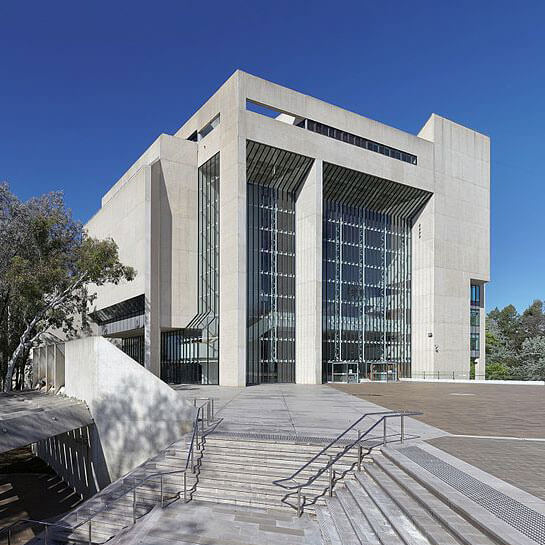An Australian case has demonstrated that a pre-nuptial agreement will not be upheld if one party has used undue influence to persuade the other party to sign it.
The case concerned a multi-millionaire Australian property developer who married a woman from Eastern Europe who was much younger than him, after meeting her on a “website for potential brides”. About eleven days before the wedding the man told the woman, who spoke little English, that she would have to sign the agreement, or the wedding would be off. By that time the woman’s family had already travelled to Australia for the wedding. The woman was advised by a lawyer not to sign the agreement, which provided that she would only receive AU$50,000 in the event of a separation, but she signed it anyway.
The marriage broke down after about four and a half years, and the question arose as to whether the agreement was binding. The wife claimed that it was not, and sought a settlement in excess of AU$1 million. The High Court of Australia found that the agreement was not binding, as there had been undue influence. The husband had been guilty of “unconscionable conduct”, giving the wife “no choice” but the sign it. Accordingly, the agreement was set aside, and the case was sent back for the Federal Circuit Court to decide how much the wife should receive.
The case clearly illustrates that pre-nuptial agreements will only be valid if they are entered into completely freely. Any pressure put upon a party to sign, particularly very close to the wedding, is likely to result in the agreement being set aside. Parties should have plenty of time to consider the terms of an agreement, and to obtain legal advice upon those terms, without feeling pressured to sign.
If you require advice on a pre-nuptial agreement, Family Law Cafe can help you find it. To contact us click the Contact link at the top of this page and fill in the form, or call us on 020 3904 0506.
* * *
Family Law Cafe brings smart technology to complex family law issues, allowing customers to benefit from access to a friendly team of experts, assembled to the customer’s needs and budget.
Image of High Court of Australia by Thennicke (Own work) [CC BY-SA 4.0], via Wikimedia Commons.

